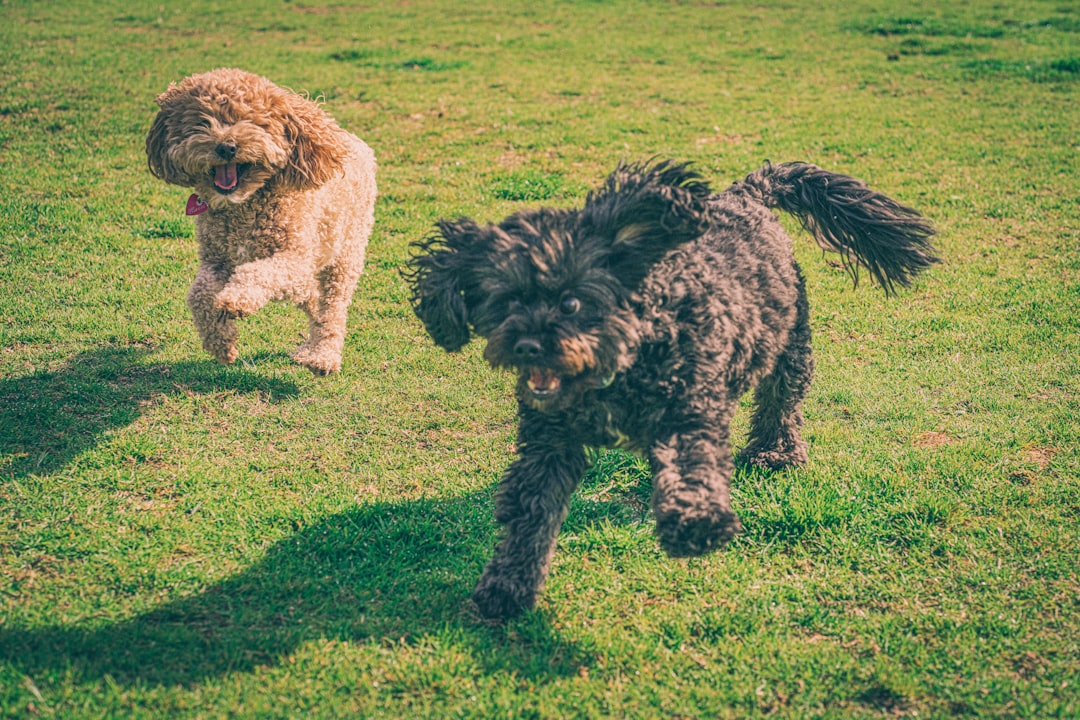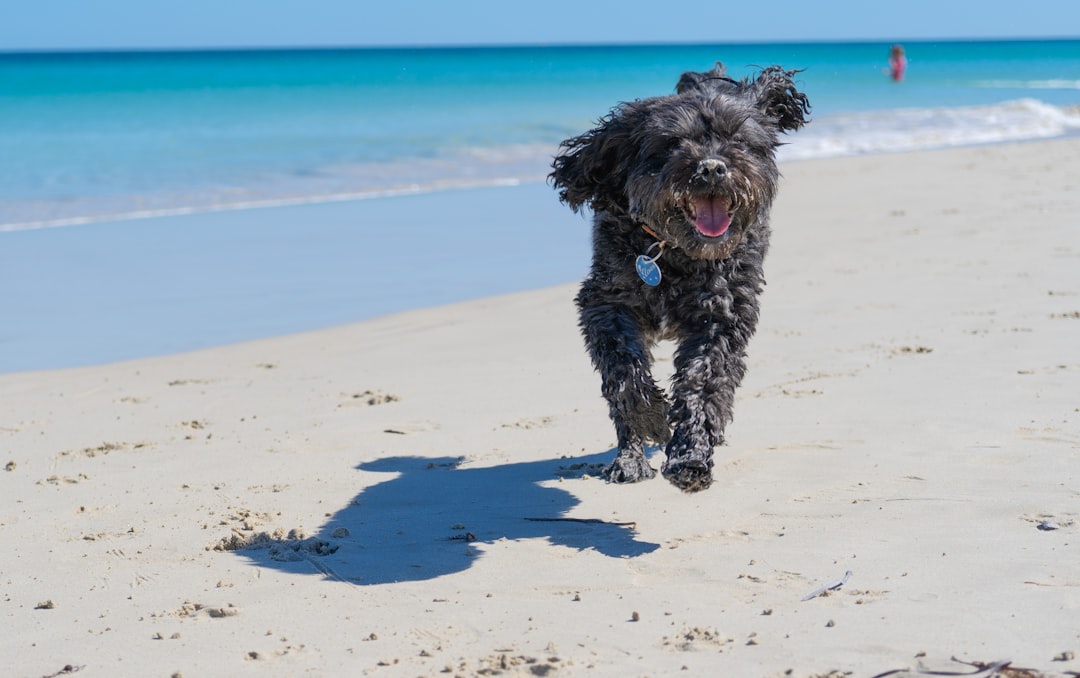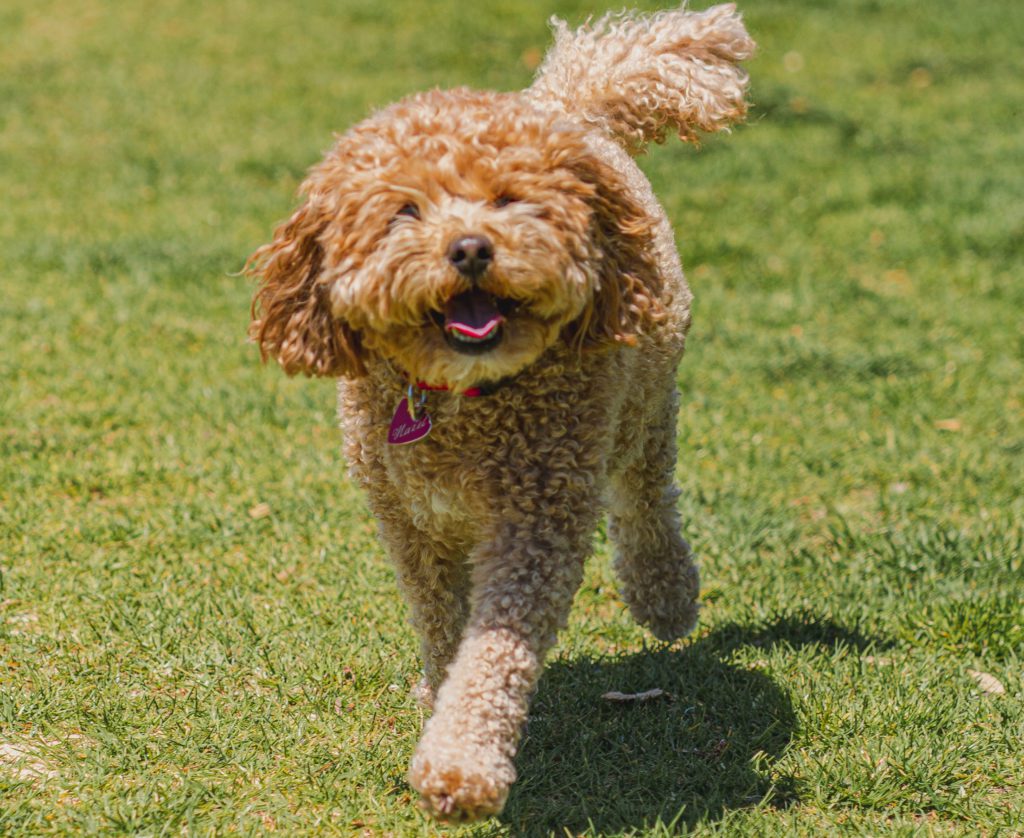Cavoodles: A Unique Crossbreed with Gentle Temperament and Special Grooming Needs.

The Origin and Popularity of Cavoodles
The Cavoodle, also referred to as the “Cavapoo,” has a fascinating origin story. This beloved crossbreed was first developed in Australia in the late 1990s, stemming from the desire to create a companion dog with a gentle and affectionate nature.
With their endearing qualities and unique blend of Poodle and Cavalier King Charles Spaniel traits, Cavoodles have captured the hearts of dog enthusiasts globally. They have gained immense popularity over the last decade, becoming a sought-after choice for families and individuals alike.
The intriguing aspect of the Cavoodle’s origin is the contested lineage between the USA and Australia. While this has sparked debate, what remains undisputed is the breed’s increasing appeal and widespread affection it has garnered in various parts of the world.
Whether it’s their adorable appearance, gentle temperament, or adaptability to different living situations, Cavoodles have undoubtedly become a cherished and iconic crossbreed in the realm of companion dogs.
 Physical Characteristics and Temperament
Physical Characteristics and Temperament
Cavoodles have a charming and distinctive appearance, characterized by their small size, weighing between 5kg and 12kg, and standing at 28-35 centimeters. Their medium-length muzzle and large brown eyes give them an endearing and expressive look that captures the hearts of many dog lovers [3]. For example, their adorable appearance combined with their gentle, loyal, and even-tempered nature makes them exceptional family pets.
Their intelligence and adaptability further enhance their appeal, as they seamlessly integrate into various household dynamics and lifestyles, bringing joy and companionship to their human families [2]. In addition to their physical traits, Cavoodles are known for their wonderful temperament, making them excellent companions for both children and other pets. Their friendly and adaptable nature allows them to form strong bonds with family members of all ages, and they often thrive in multi-pet households [3].
For instance, their adaptability and affable disposition enable them to effortlessly adjust to different living situations, making them well-suited for diverse family environments. Whether it’s playtime with children or socializing with other pets, Cavoodles exhibit a remarkable ability to interact harmoniously with their human and animal companions, enriching the lives of those around them [2].
Health and Grooming Needs
Cavoodles are known to be susceptible to a range of health conditions, including syringomyelia, mitral valve disease, eye diseases, hip dysplasia, and epilepsy. These conditions can significantly impact their quality of life, making regular health screenings and a balanced diet crucial for their overall well-being [2]. For instance, syringomyelia is a condition where fluid-filled cavities develop within the spinal cord, leading to pain and neurological issues, while mitral valve disease can affect the heart’s functioning, potentially leading to heart failure if left untreated. Therefore, proactive health monitoring is essential to catch and address any potential issues early on.
In addition to health considerations, the grooming needs of Cavoodles are equally important for their care. The coat of a Cavoodle requires regular brushing to prevent matting, and the specific grooming regimen may vary based on the type of coat they have, which can range from silky to curly. Moreover, responsible feeding and care practices are crucial in preventing certain genetic conditions such as cataracts, hip dysplasia, patellar luxation, and progressive retinal atrophy. By providing appropriate grooming and attending to their health needs, Cavoodle owners can contribute to their pets’ long-term health and happiness.
Exercise and Training Requirements
Cavoodles are energetic and intelligent dogs that require regular exercise to keep them physically and mentally stimulated. They typically need about 30 to 60 minutes of exercise daily to maintain their health and well-being.
Activities such as brisk walks, swimming, playing fetch, and engaging in interactive games can help fulfill their exercise needs. For example, taking them on a brisk morning walk and engaging in a game of fetch in the evening can ensure that they get the physical activity they require. Additionally, mental stimulation is important for Cavoodles, so incorporating activities that challenge their intelligence, such as puzzle toys and obedience training, can be beneficial for their overall well-being.
In addition to regular exercise, Cavoodles thrive in environments that provide them with ample human interaction and training. Socialization from an early age is crucial for them to develop positive behavior and adapt well to different living situations. Training sessions that focus on obedience, agility, and mental challenges can help fulfill their need for human interaction and mental stimulation, contributing to their overall happiness and well-rounded development.

Nutrition and Care
Cavoodles require a high-quality, balanced diet to meet their nutritional needs and maintain their overall health. It’s essential to feed them a diet that is specifically formulated for small to medium-sized breeds, taking into account their energy levels and potential health issues. For example, a diet rich in lean protein, healthy fats, and essential vitamins and minerals can support muscle development, energy levels, and the immune system. Owners should consult with a veterinarian or a pet nutritionist to determine the best feeding routine and diet plan for their Cavoodle, as individual dietary requirements may vary based on factors such as age, weight, and activity level.
In addition to diet, regular grooming is crucial to keep a Cavoodle’s coat in optimal condition. Their coats may require brushing and grooming based on the type of coat they have, which can range from silky to curly. Brushing not only prevents matting but also helps distribute natural oils and removes loose hair, keeping their skin and coat healthy. Moreover, teeth brushing and ear cleaning are important components of their care regimen to prevent dental issues and ear infections. Establishing a consistent grooming routine and maintaining good hygiene practices can contribute to their overall well-being and prevent common health concerns associated with their coat and ears.
Furthermore, responsible pet owners should consider genetic health screenings for their Cavoodles to detect potential health issues early on. While the breed is in the lower risk category for developing health problems, being proactive with regular check-ups and screenings can help identify conditions such as syringomyelia, mitral valve disease, cataracts, hip dysplasia, patellar luxation, progressive retinal atrophy, and epilepsy. Early detection and intervention can lead to better management and treatment of these conditions, ultimately contributing to the longevity and quality of life of the beloved Cavoodle companions.
